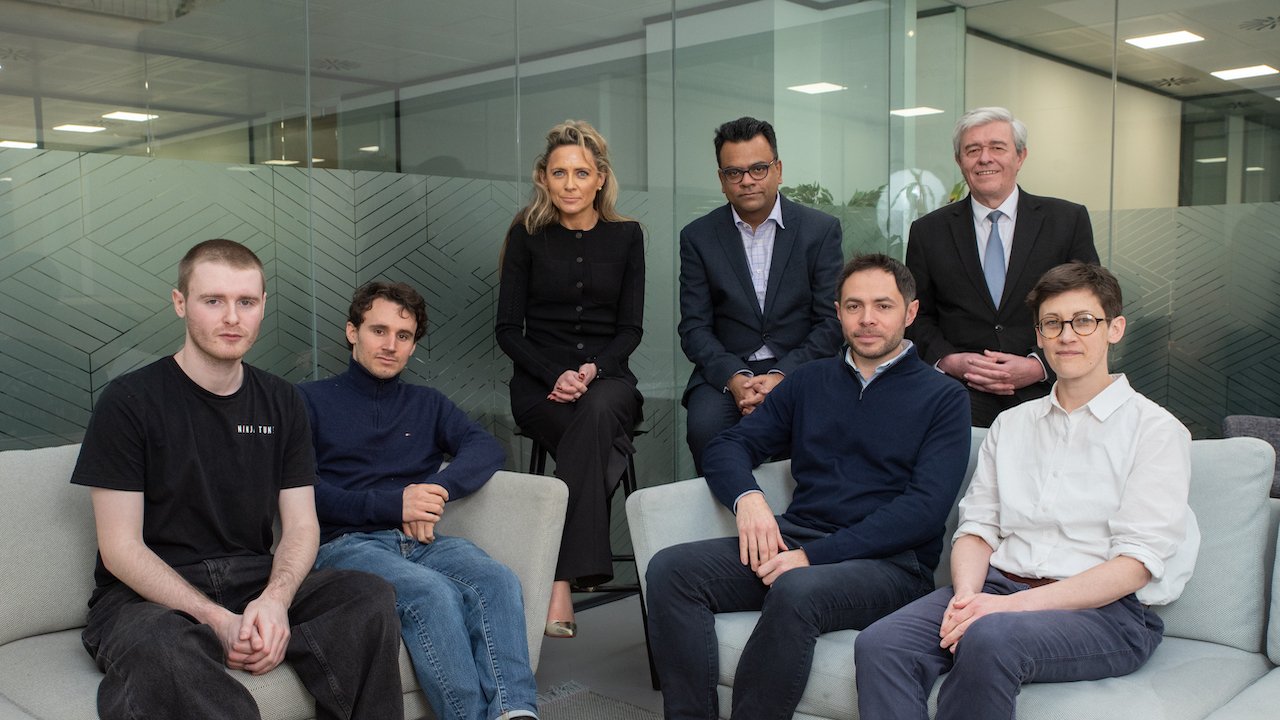Neuroscience-driven AI startup Stanhope has raised £2.3m, spurring further development into ‘human-like’ AI that mimics the information-gathering processes of the brain. The round was led by the UCL Tech Fund alongside Moonfire Ventures, Rockmount Capital and angel investors.
Stanhope’s technology draws on a combination of academic and commercial expertise with a founding team of AI and Neurology professors Rosalyn Moran and Karl Friston alongside Dr Biswa Sengupta, formerly at JP Morgan Chase.
The models rely on research into the Free Energy Principle pioneered by Professor Priston that explores how the human brain makes predictions about its environment instead of scanning massive amounts of sensory data. The investment is a vote of confidence in the incorporation of neuroscience to challenge hallucination issues, lack of versatility in new environments and energy costs that hamper AI companies in every sector.
Stanhope is currently testing its technology in delivery drones performing 'active inference': they detect obstacles via analysis of sensors' input rather than maps or GPS. These drones and 'autonomous' machines are used by Germany’s Federal Agency for Disruptive Innovation and the Royal Navy and are undergoing indoor testing indoors before demos begin in more complex outdoor environments this summer. Funding will be used for further research into its 'agentic' models and for practical application.
David Grimm, Partner at UCL Technology Fund, said:
"AI startups may be some of the hottest investments right now but few have the calibre and deep scientific and technical know-how as the Stanhope AI team. This is emblematic of their unique approach, combining neuroscience insights with advanced AI, which presents a groundbreaking opportunity to advance the field and address some of the most challenging problems in AI today. We can’t wait to see what this team achieves.”
Lead Image: Stanhope



Would you like to write the first comment?
Login to post comments